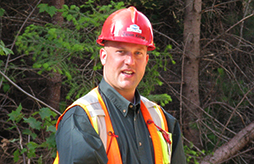.jpg)
CAST Scientists Internationally Published for Largest Genetic Study in North America on Wild Salmon
April 4, 2019 – South Esk, NB: The CAST (Collaboration for Atlantic Salmon Tomorrow) team of six scientists recently completed the largest study of wild Atlantic salmon genetics in a North American river. Their peer reviewed work on the Miramichi River has been published in the international journal Molecular Ecology.
The team included:
Dr. Kyle Wellband - Post-doctoral researcher at Canadian Rivers Institute, University of New Brunswick
Dr. Claire Mérot - Université Laval
Dr. Tommi Linnansaari - Canadian Rivers Institute, University of New Brunswick
Dr. J. A. K. Elliott - VP Technical and Freshwater Operations, Cooke Aquaculture
Dr. R. Allen Curry - Canadian Rivers Institute, University of New Brunswick
Dr. Louis Bernatchez - Université Laval
No previous study in North America has examined differences in salmon with such detail. With the advanced technology available to the CAST Science Team, researchers were able to measure ifSalmon returning to different tributaries in the Miramichi River are genetically different. They will also use the technology to identify the parents of juvenile salmon born in the wild, including wild salmon parents who were protected from predators for 2 years at the Miramichi Salmon Association hatchery at South Esk.
This study discovered that unlike European Atlantic salmon, Miramichi River Atlantic salmon were found to have differing numbers of chromosomes – this probably helps them adapt to different streams and may help them adapt to climate change. Scientists also discovered that there are virtually no genetic differences between wild Atlantic salmon in the northwest and southwest branches of the Miramichi River. This is unlike what is known about many other salmon rivers in the world. Scientists have now proven that genetics do not determine which tributary a Miramichi Atlantic salmon returns to.  |
| Dr. Kyle Wellband |
Dr. Kyle Wellband, a native of Sackville N.B., was the lead author of the study. “This a very important finding. We expected the fish to be different between the northwest and southwest branches. They are not,” Dr. Wellband explains. “Fisheries and Oceans Canada (DFO) and other stakeholders can take comfort in the fact that for the first time we have a very clear picture of the genetic structure across the whole catchment. The study proves the fish are naturally adapted to the river but not to a specific river branch as previously thought.”
With these discoveries, scientists are urging DFO to allow the CAST scientists to examine the merits of a novel conservation strategy where young wild Atlantic salmon are caught and protected against predators at the South Esk hatchery until they are ready to spawn the next generation of fish in the river. DFO has permitted the collection, but not the release of the approximately 8,000 fish currently at South Esk that are due to spawn during this, and over the next few autumns.The clock is ticking. These 8,000 fish are a significant contribution to the entire wild salmon population in the northwest Miramichi today. The great majority of wild Atlantic salmon that make the journey out to sea are not returning to spawn. Last year was among the worst in recorded history. Continued inaction may lead to an Atlantic salmon population too small to sustain itself, such as what has happened already in many of our rivers, like the Saint John. The 8,000 fish at the hatchery will lay an estimated 25 million eggs which are vital to regenerating threatened wild salmon on the Miramichi.
CONTACT:
Dr. Kyle Wellband
Post-doctoral researcher at Canadian Rivers Institute, University of New Brunswick
Email: kwellban@unb.ca
Phone: 226-350-0661
Questions about our Healthy Forest Approach? Read the FAQ.
(1).png?n=7605)



.jpg)







.jpg)





.jpg)





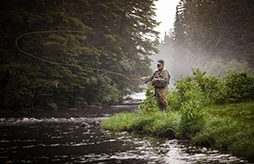


















_small.jpg)
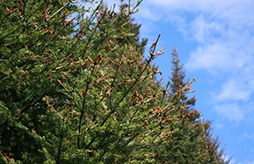
.jpg)
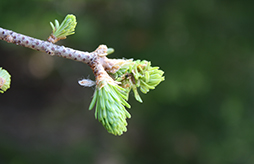
.jpg)
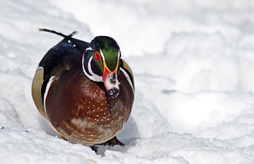
.jpg)


.png)







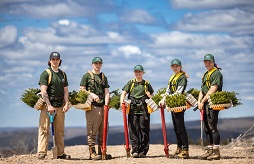
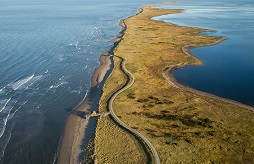


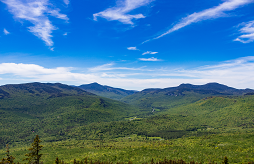
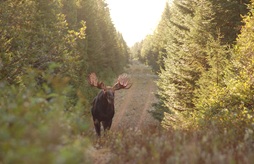
.jpg?n=6166)
